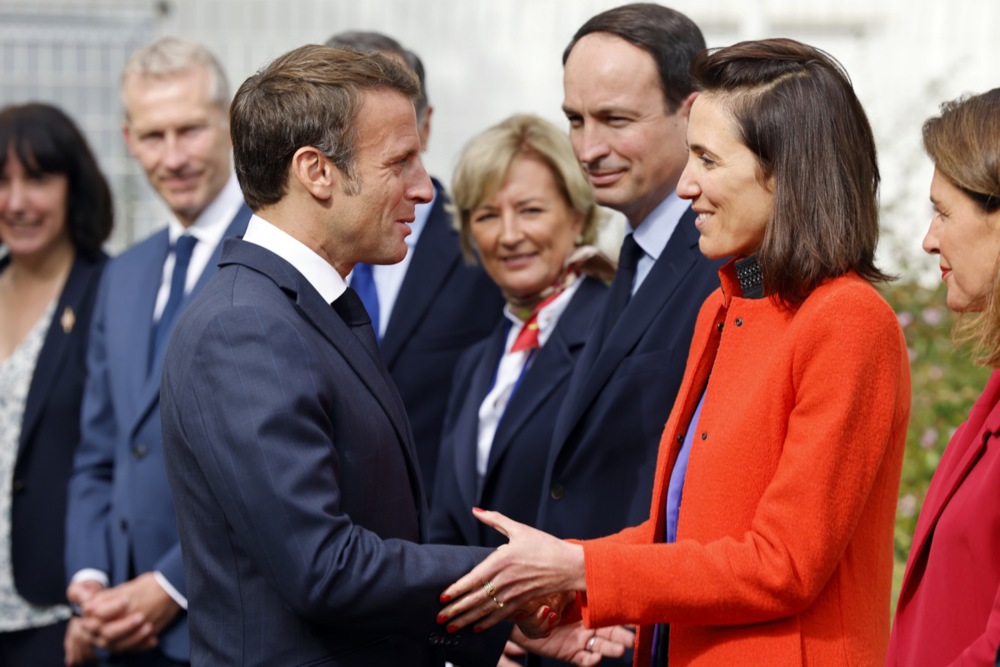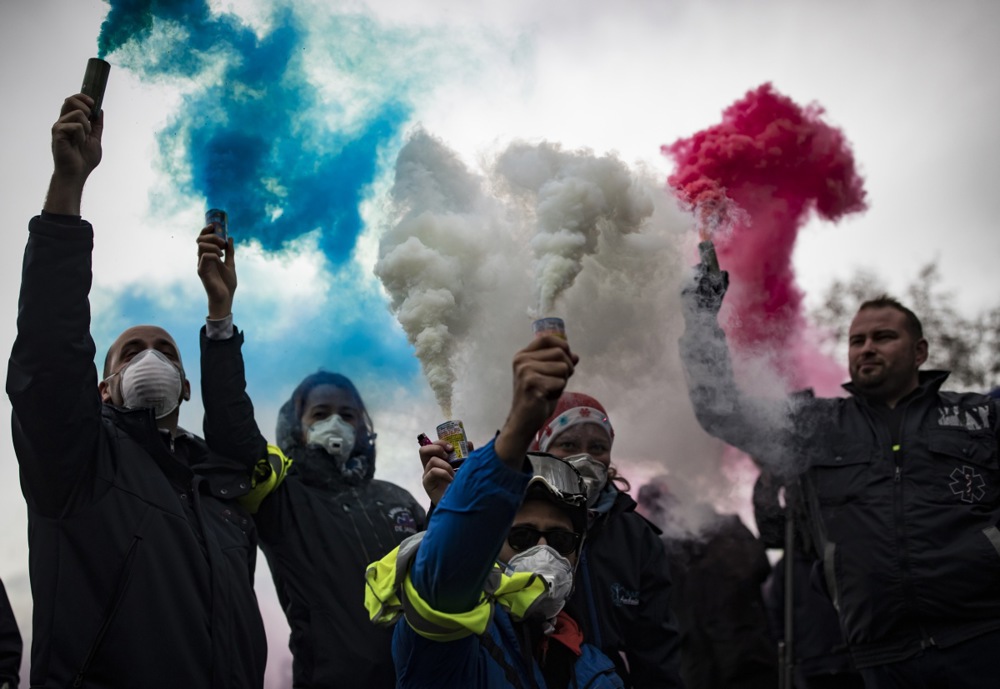National Rally (RN) has surged to prominence in France’s overseas territories.
Once dismissed as a fringe party, it has become a dominant force, channelling the frustrations and aspirations of overseas citizens who felt long ignored by mainstream French politics.
This shift underscores a broader disillusionment with traditional mainland French parties and highlights a growing demand for autonomy across France’s far-flung regions.
According to experts, the RN could win the upcoming 2024 European Parliament elections in the French overseas regions, as it did in 2019.
The Outsider Appeal

Two decades ago, the idea of the RN as a dominant political force in French territories abroad seemed implausible. Founded by Jean-Marie Le Pen, father of Marine, the party was widely dismissed as racist and fascist.
In the 2002 French presidential election, the RN barely registered in overseas regions, with Le Pen failing to secure more than 5 per cent of the vote, except in Saint-Pierre and Miquelon, where he won 14 per cent.
Fast-forward two decades and the RN featuring Marine Le Pen has radically transformed its image and influence. This was strikingly evident in the 2022 presidential election, where Marine Le Pen, leveraging her “outsider” image, resonated deeply with frustrated French citizens in overseas territories.
Unlike the Socialists, the Greens, the hard-left or the traditional Right, the RN has never been part of any French government. That has fortified its position as the principal opposition party. Disillusioned with mainstream politics, many overseas French citizens have turned to the RN as a potential answer to their grievances.
Marine Le Pen’s strategic embrace of this outsider narrative paid off. In the 2022 presidential race, against all expectations and despite President Emmanuel Macron’s invocation of the Republican Pact — a form of cordon sanitaire — she secured the majority of votes in almost every one of the French overseas territories.
In the Southern Pacific Wallis and Futuna islands, her support soared to 67.44 per cent, with only New Caledonia and French Polynesia favouring Macron.

The positive results for the National Rally in the French overseas territories did not come out of the blue.
Push for Independence

Calls for independence in French overseas territories have grown louder in recent years. The sentiment has driven many residents towards the hard-right in belief that the RN could be an ally in their quest for autonomy.
The trend began in the 2017 presidential election when the RN topped the polls in these regions for the first time.
In subsequent elections, the party continued to gain momentum. In the 2019 European Parliament elections, RN leader Jordan Bardella came out top with 27.4 per cent of the votes in these territories, outpacing Macron’s Renaissance party.

In the 2022 presidential race, Le Pen secured a majority in almost all French overseas regions, suggesting that if the decision had been left to those territories alone, she would have been voted in as French president.
At the time, she said: “My special thanks go to our compatriots overseas, who voted for me in the second round with an extraordinary strength that honours and touches me sincerely. We the [RN] do not forget this part France, that has been overlooked for far too long.”
In 1980, Aimé Césaire, then mayor of the capital of Martinique, Fort-de-France, predicted his country’s inevitable independence and emphasised a need for autonomy as a first step. In 2022, leaders from Guadeloupe, Réunion, Mayotte, Martinique, Saint-Martin and French Guiana issued a joint declaration advocating for greater autonomy.
French President Emmanuel Macron is fighting to keep a small island territory from seceding from France. https://t.co/RUkf4UayC9
— Brussels Signal (@brusselssignal) July 26, 2023
This push for independence has so far not garnered significant results from the French Government, underlining what overseas citizens see as political neglect and mistreatment. Many feel that traditional parties have failed them and have continued a legacy rooted in colonial history.
French Mainstream Parties Crisis Management Failure

The traditional French parties – the Socialists and the Republicans – have been the architects of political frameworks for the French overseas territories but have also been responsible for political failures. Incidents such as police shootings during 1967 protests in Guadeloupe and the violent suppression of agricultural workers in Martinique in 1974, which resulted in the deaths of many islanders, linger in collective memory.
During the Covid-19 pandemic, measures imposed by Macron’s administration exacerbated overseas’ citizens’ mistrust of the mainland body politic. Extended lockdowns in their territories, even as restrictions lifted in France itself, reinforced their perceptions of a two-tier system.
Only Jean-Luc Mélenchon’s La France Insoumise and Le Pen’s RN acknowledged their distrust, advocating for greater autonomy for overseas territories regarding crisis management.
For many, Macron’s Renaissance party continues the legacies of the Left and the Right. For them, the ongoing crisis in New Caledonia and the resulting fatalities are evidence.
Voting abstention rates have reached as high as 80 per cent in certain overseas territories, a phenomenon that the traditional parties, including Renaissance, seem unable to effectively address.
In this vacuum, the RN’s appeal continues to grow.
ANALYSIS: If recent polls are anything to go by, France’s mainstream political parties are losing voters in the run-up to the European Parliament elections.
Anne-Laure Dufeal delves into the French political landscape ahead of next month's vote. ⬇️ https://t.co/dUouBD5OYU
— Brussels Signal (@brusselssignal) May 21, 2024





